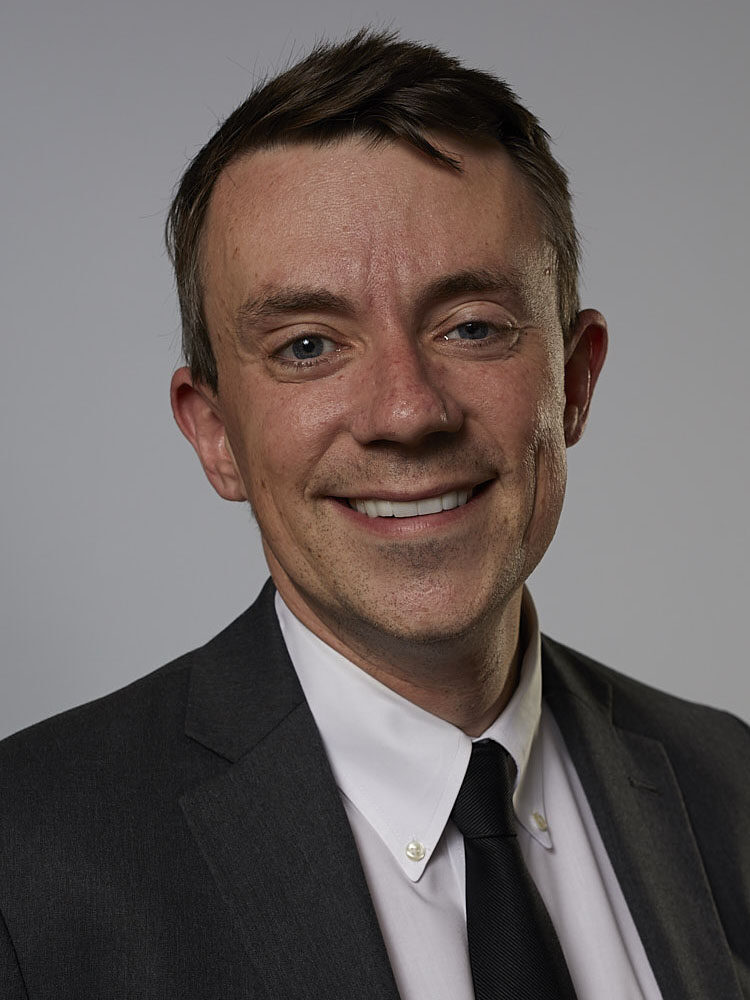Mark Lewis shared a post by Sarafina El-Badry Nance, on X:
“An important thread:
Family history is NEVER “non-contributory” in oncology (But, increasingly, the double-edged sword of germline syndromes is the tip-of-the-iceberg phenomenon of cascade testing the kindred and more therapeutic options for the proband, eg vHL & bezultifan)”
Quoting Sarafina El-Badry Nance’s post:
“1. Devastated to share some terrible news: This week, my dad was diagnosed with Stage 3 pancreatic cancer.
No words can encapsulate our grief, fear, dread.. not enough words for so many emotions.
But there’s some hope, and it’s in that spirit that I want to share his story.
2. My dad is my best friend and hero. Those who have been following me for a while might recall that 8 years ago, my dad was diagnosed with Stage 4 prostate cancer. Shortly after his diagnosis, we learned he carries a BRCA2+ mutation, which dramatically increases cancer risk.
9. He got on a flight on Sunday and arrived in Houston Sunday night. Thanks to the extraordinary efforts of Anirban Maitra, my dad was admitted to MDA on Monday and immediately set-up in the gastroenterology department.
10. Tuesday, he had 2 MRIs, a CT, & bloodwork. Thursday, we got the imaging results, confirming a 3.6 x 2.4 cm mass in his pancreas. It’s large but localized. Thank god—it hasn’t metastasized yet Taylor, Gumbo, and I flew to HTX. Friday, we had a consultation w/ his new oncologist.
11. We learned some really encouraging news that brought us hope for the first time. (1) His tumor is large but localized. That makes prognosis better and treatment less complicated. (2) Now that he’s been diagnosed, his BRCA mutation is actually *beneficial*. Why.
12. (2 cont.) Known BRCA generated tumors actually respond better to specific pancreatic cancer treatments, like platinum based chemotherapy, PARP inhibitors, and certain clinical trials.
13. (3) Both 1 & 2 indicate that his prognosis is far better than we expected. It’s 3 – 5 years. Nothing is guaranteed, but this is wildly above and beyond what we’d feared: that he had months. Weeks.
14. There’s a long, difficult, painful road ahead, but we are taking deep breaths of relief that we have more time than we’d hoped. We’re gearing up as a team to support my dad in the best way possible. I’m so honored and grateful to walk this journey beside him.
15. My dad is the light that makes my world better, safer, more loving, more bearable. He has my whole heart. A few months ago, I got his handwriting tattooed on my arm: “I love you, Little One”. That’s what he calls me. Little One.
16. I love him so much and I hope that sharing his story (with his permission, of course!) will help someone else. Genetic testing is so important and powerful. It saves lives. Knowledge is power. If you think something is wrong, get it checked out. You are your own best advocate.
17. My deepest, most heartfelt gratitude to the folks I’ve spoken with in the pancreatic cancer community over the last week: Helene Andrews-Polymenis, Anirban Maitr,Howard Crawford, and Mark Lewi. I’m in your debt. Words aren’t sufficient to express my gratitude.
18. My friends and family have been so supportive. We are all rallying together to be in this fight with my dad, and I’m so grateful to share this weight — and pain — with them.”
Source: Mark Lewis/X and Sarafina El-Badry Nance/X
Mark A. Lewis is the Director of Gastrointestinal Oncology at Intermountain Healthcare in Utah, the Co-Chair of adolescent and young adult (AYA) oncology in the SWOG cooperative group, and the Vice President of American Multiple Endocrine Neoplasia Support. Dr. Lewis is also a well-known patient advocate and social media influencer. His interests are neuroendocrine tumors and cancer syndromes.


